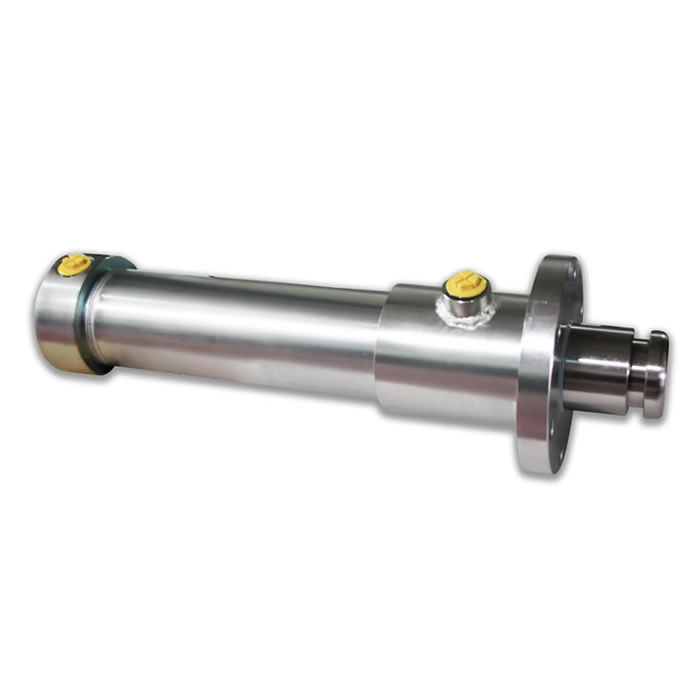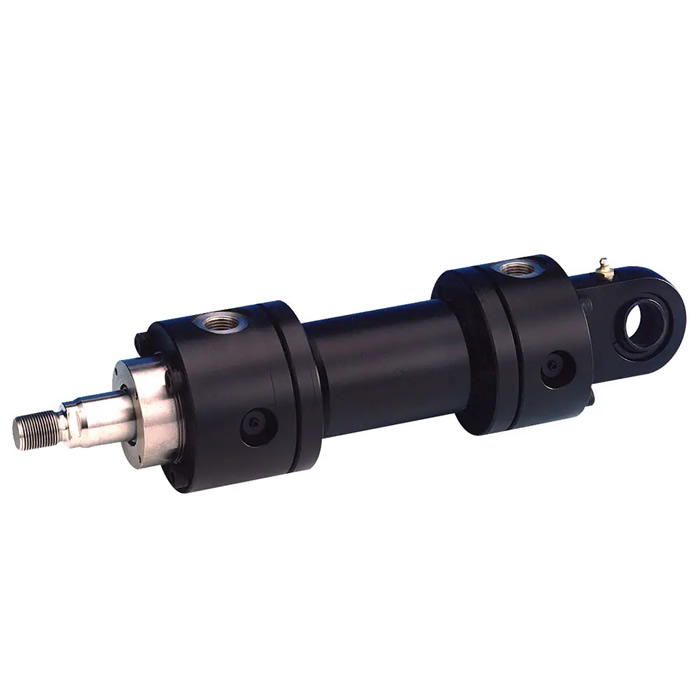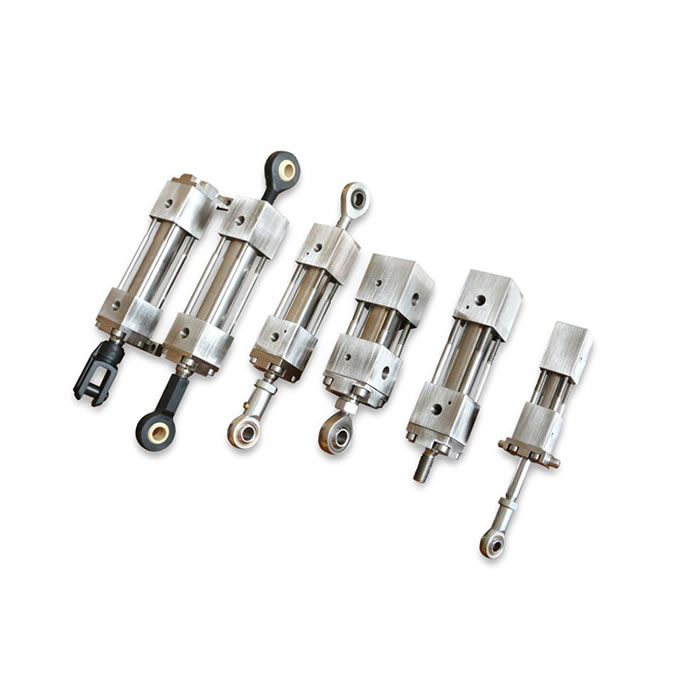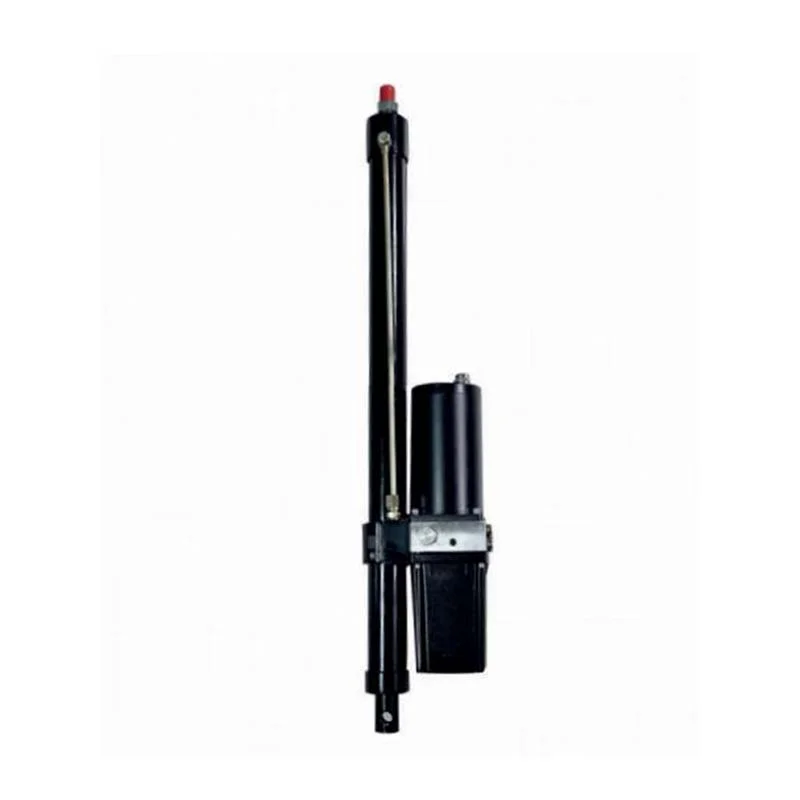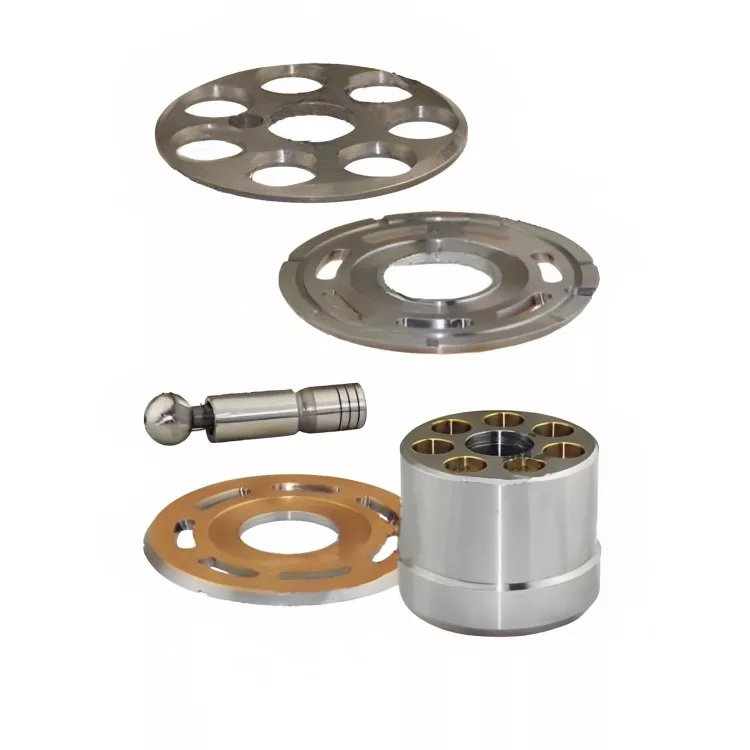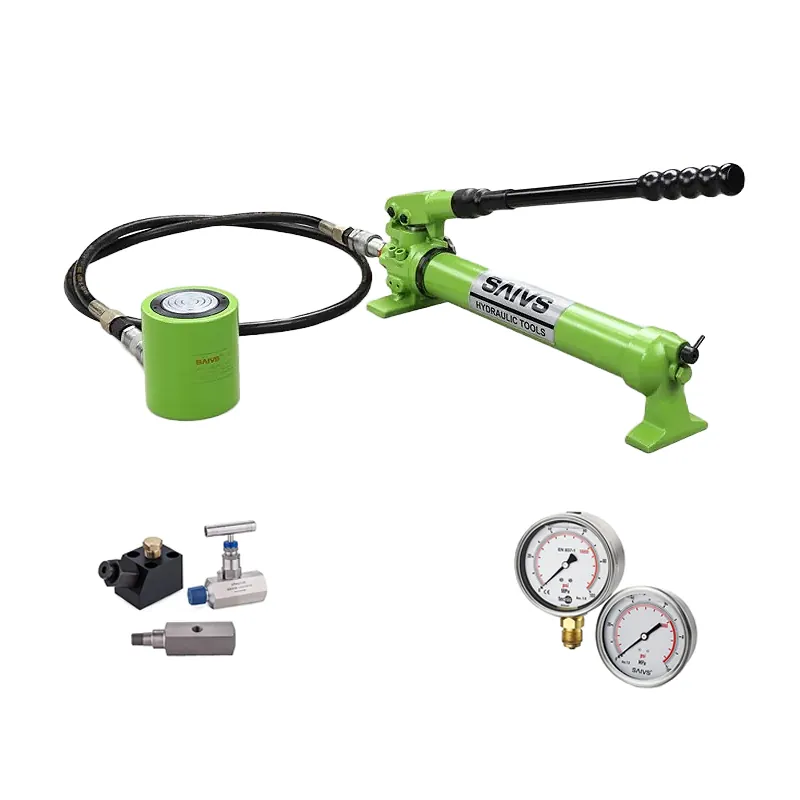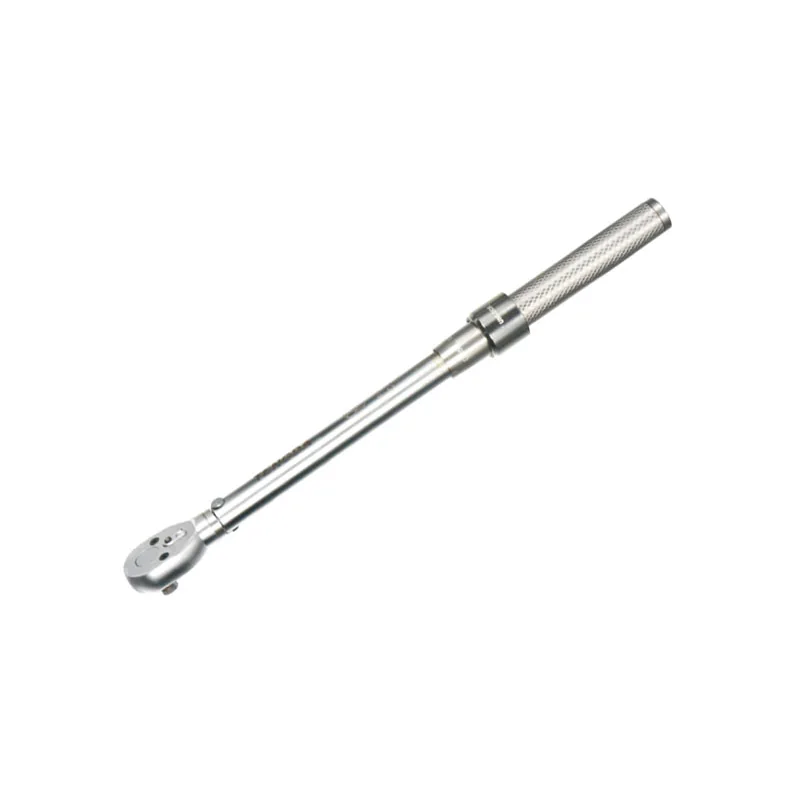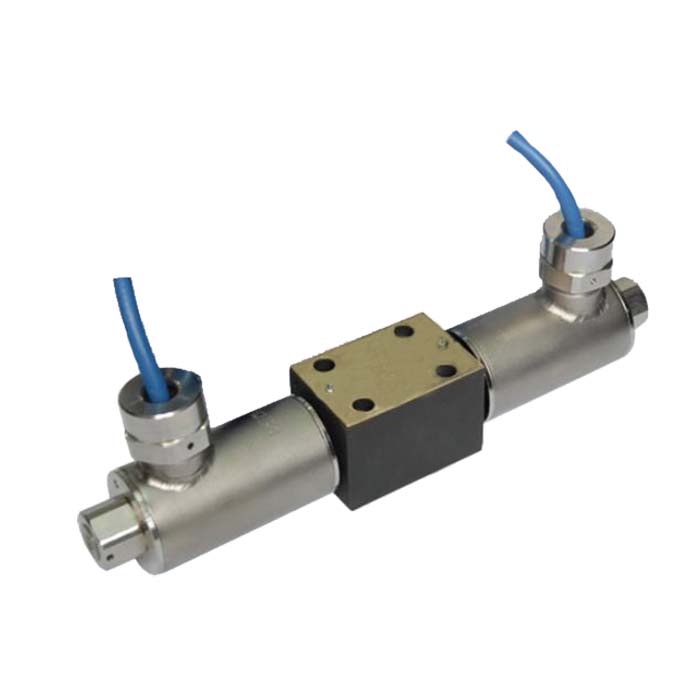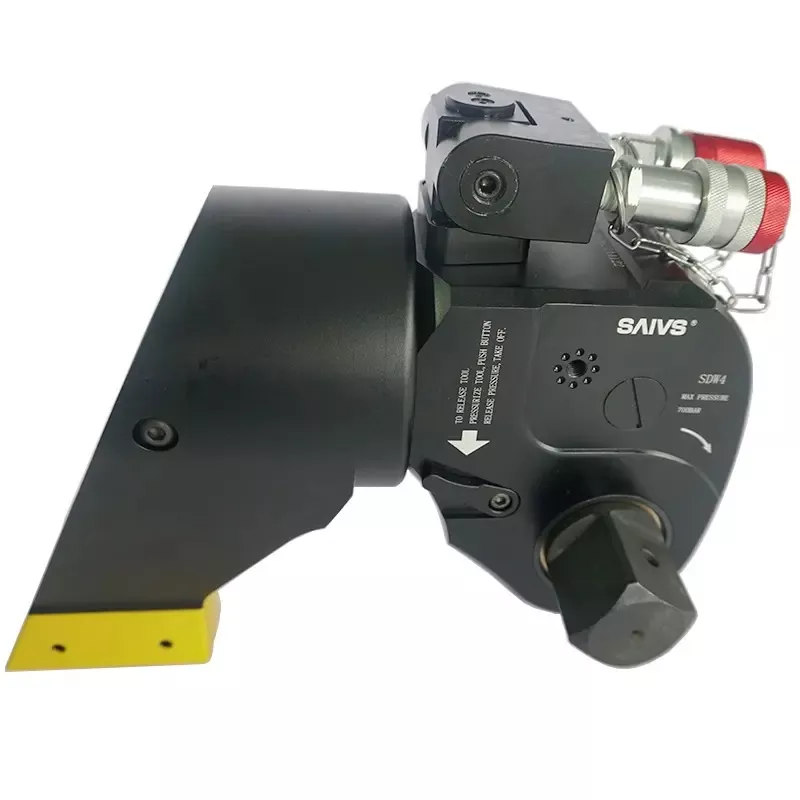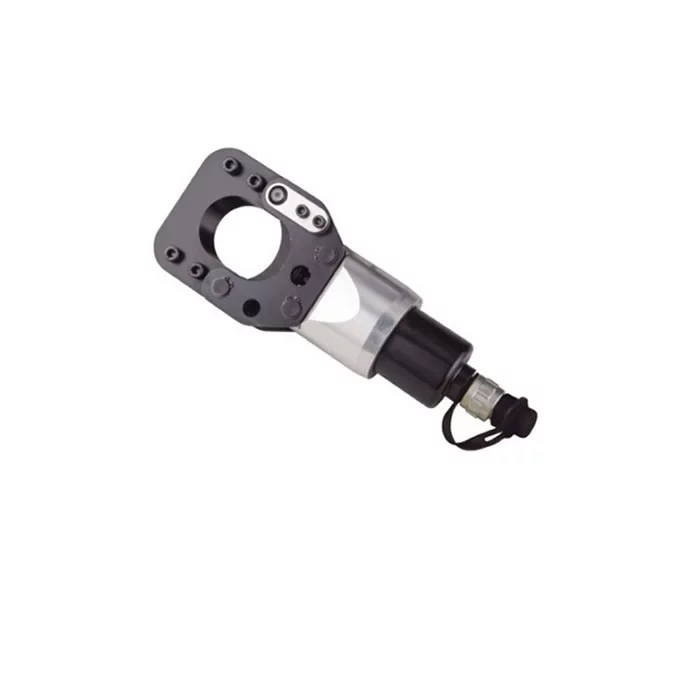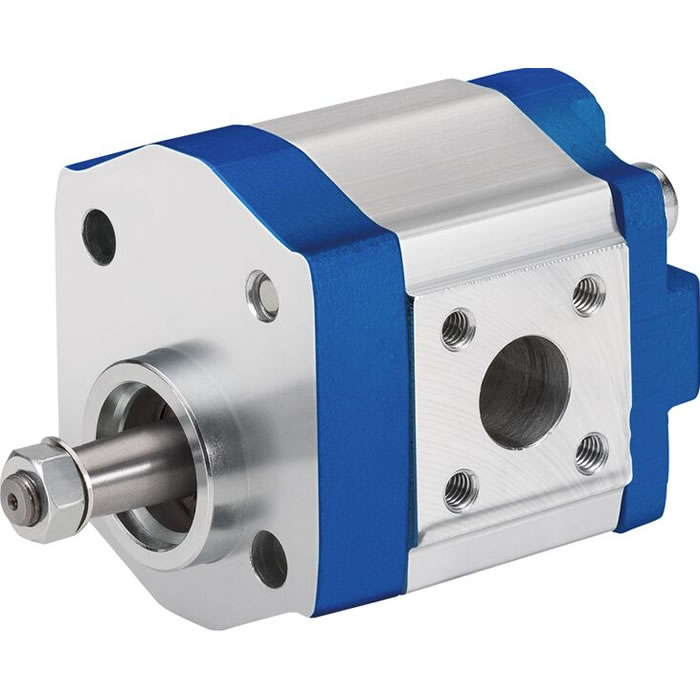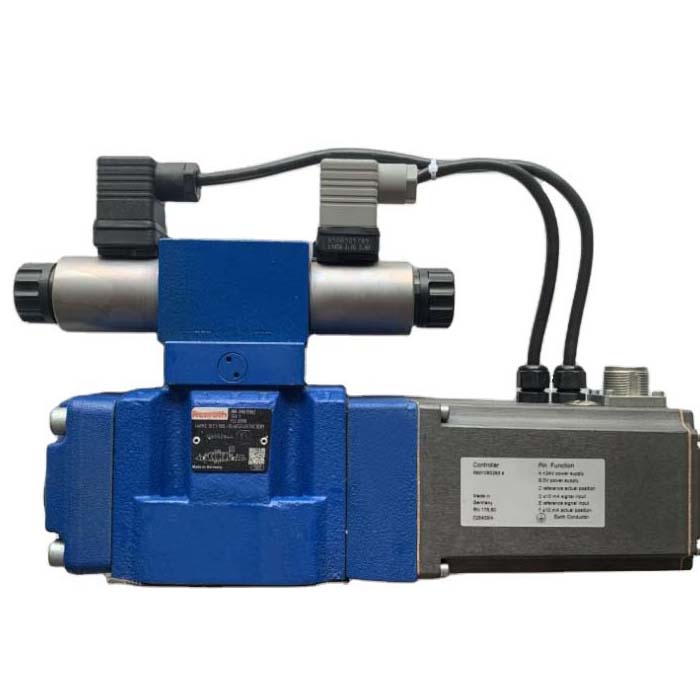The Benefits of Using Hydraulic Cylinders in Food Processing
Common types of hydraulic cylinders in food processing applications
Single-acting cylinders: These cylinders use hydraulic pressure to extend the rod in one direction and rely on an external force, such as a spring,
to retract it.
They are a good choice for simple applications that only require pushing force in one direction.
Double-acting cylinders: These cylinders use hydraulic pressure to both extend and retract the rod, providing more precise control over movement.
They are more versatile than single-acting cylinders and are well-suited for a wider range of applications in food processing.
Tie-rod cylinders: These cylinders use high-strength threaded steel tie-rods to reinforce the barrel, making them suitable for high-pressure applications.
They are commonly used in food processing for tasks like powering conveyor lines or compressing materials.
Welded cylinders: These cylinders have a barrel welded directly to the end caps, creating a more compact design.
They are often used in applications where space is limited, such as in robotic arms used for food packaging.
Telescopic cylinders: These cylinders have multiple nested stages that extend in sequence, providing a greater extension length in a compact design.
They are well-suited for applications requiring long strokes, such as lifting or lowering platforms in food processing equipment.
The food processing industry encompasses a vast array of processes, from the delicate handling of baked goods to heavy-duty tasks like mixing thick
ingredients. Throughout these operations, maintaining hygiene and preventing contamination are paramount.
This article explores why Hydraulic Cylinders are the superior choice for food processing equipment,
and details key design considerations to ensure optimal performance and safety.
Pneumatic vs. Hydraulic: Powering Food Processing Equipment
Both pneumatic and Hydraulic Systems find application in food processing plants.
Pneumatic systems excel in precise operations for delicate tasks, such as positioning pastries for decoration or handling eggs.
However, for heavy-duty functions like manipulating packaged goods, stirring thick ingredients, or powering conveyor lines, Hydraulic Cylinders reign
supreme.
Hydraulic cylinders offer several advantages over their pneumatic counterparts:
Greater Force and Durability: They can handle the demanding tasks present in food processing with ease, and their robust construction ensures
long-lasting performance.
Lower Maintenance Requirements: Hydraulic systems typically require less frequent maintenance compared to pneumatic systems, minimizing
downtime and maintenance costs.
Precision Actuation: Modern hydraulic systems provide accurate control even for demanding applications.
Hydraulic Cylinders Designed for Food Processing Needs
Food and beverage manufacturing presents unique challenges: high pressures, extreme temperatures, washdown environments, and constant exposure to moisture.
Hydraulic cylinders designed specifically for these applications address these challenges with features like:
Stainless Steel Construction:
Stainless steel is the material of choice for its exceptional corrosion resistance, high strength, and smooth surfaces that minimize bacterial harborage
points.
Food-Grade Seals and Lubricants:
All components, including seals and lubricants, must meet strict sanitary guidelines.
Food-grade seals are crafted from safe materials like high-performance polymers, and biodegradable hydraulic fluids to prevent contamination risks.
Beyond Hygiene: Design Considerations
While material selection is crucial, a cylinder's design also plays a vital role in preventing contamination. Two key factors to consider are:
Material Simplicity: A simpler design with fewer parts minimizes potential hiding spots for bacteria and simplifies cleaning procedures.
Ease of Cleaning: Cylinders should be designed for easy disassembly and cleaning to maintain optimal hygiene standards.
Hydraulic cylinders manufacturer for Food Processing
The food processing industry encompasses a diverse range of products, from packaged snacks to bottled beverages, and each application may have
specific requirements.
While many off-the-shelf cylinders are available, they may not perfectly suit every situation.
Customizable hydraulic cylinders can be tailored to meet the exact needs of your application, ensuring optimal performance and minimizing the risk of
contamination.
By opting for hydraulic cylinders designed with food processing in mind, you can ensure the smooth operation of your equipment while maintaining the highest hygiene standards.
This translates to efficient production, reduced costs, and ultimately, the safety of your food products.

